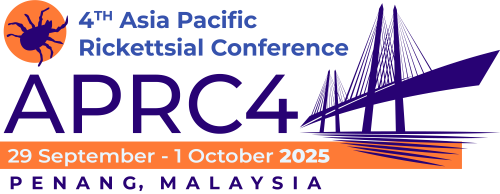Predict, Detect Response: Towards Emerging and Re-emerging Zoonoses for Pandemic Preparedness - Development of Oral Vaccines
Outbreaks due to emerging and re-emerging zoonotic diseases with spillover potential remain a critical threat to humans and whole global health security. The COVID-19 pandemic caused by the SARS-CoV-2, emphasized significant gaps in Malaysia’s pandemic preparedness. To address future risks, an effective pandemic preparedness strategy must integrate prediction, detection and rapid response to novel pathogens. Vaccination remains one of the most effective tools for pandemic prevention and control, with global immunization by vaccine has saved approximately 154 million lives over the past 50 years. However, conventional injectable vaccines often face challenges related to cost, distribution, cold chain transport and compliance, especially among low- and middle-income countries (LMICs), including Malaysia. These limitations highlighted the need for Malaysia to strengthen its health security by developing local capacity to design, produce, and distribute vaccines rapidly and affordably. Notably, oral vaccines technology offers unique advantages, including ease of administration, induction of mucosal and systemic immunity, and reduced reliance on cold-chain transport. An oral vaccine candidate targeting Acinetobacter baumanii Ton B receptor protein has been developed and shown promising outcomes. Preclinical testing in mice demonstrated protective immune responses, while stability study confirmed the oral vaccines remain viable over one year at room temperature. These elements underscore the potential of oral vaccines to provide scalable, accessible and effective solutions against future infectious diseases threats. Incorporating oral vaccine development into broader frameworks of surveillance and response depicts an effective forward-looking strategy to strengthen resilience against the next pandemic.
